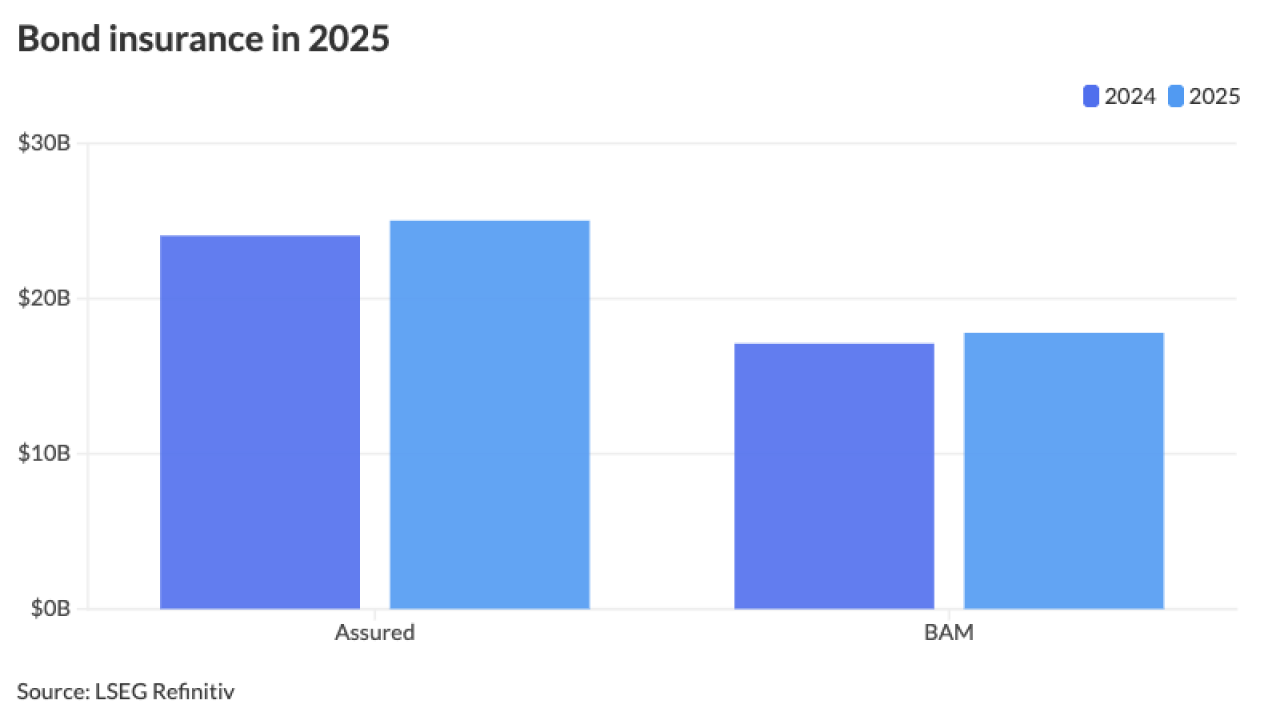DALLAS -- Wayne County is working to reach a deal with the firm Rock Ventures to build a new jail at an alternative site instead of completing the partially built, bond-financed jail project at its existing location in a downtown Detroit recovery zone, but must first resolve a tax issue with the Internal Revenue Service.
Wayne County Executive Wayne Evans said Monday the Rock Ventures proposal has “more upside, less risk and a smaller financial gap” than a second proposal for completing the jail submitted by Chicago-based Walsh Construction. Both Rock Venture and Walsh are competing for the contract. Moving the site would free up the downtown location for the firm’s stadium proposal.

While both options remain on the table, Evan’s announcement Monday marks the first time the county has said it favors the Rock Ventures option over the Walsh proposal but one potential obstacle is a decision by the Internal Revenue Service over potential penalties the county could incur on the original borrowing for moving the jail.
“While both proposals remain options, I’ve directed my team to dedicate their time and resources toward attempting to reach a contract with Rock Ventures,” Evans said in a statement.
The Rock Ventures developers would use the downtown location for a professional soccer stadium.
In return for the jail site, Rock Ventures would build the county a new Criminal Justice Center with a 2,280 bed jail, criminal courthouse, prosecutor offices, sheriff administrative offices and a juvenile detention facility at an approximate cost of $520.3 million. The county would be responsible for $380 million plus the cost of acquiring the land and Rock would cover any cost overruns. The $380 million would be funded through a combination of unused proceeds from a $200 million direct-pay, taxable recovery zone economic development bonds (RZEDBs) sold in 2010 by the Wayne County Building Authority and the issuance of about $200 million of new bonds, according to Evans.
Walsh Construction’s proposal includes two jail options at Gratiot, with approximately 1,608 beds at $269 million and 2,200 beds at the cost of $317.6 million. Its plan does not include the cost of renovating the Frank Murphy Hall of Justice, which is estimated to cost $36 million. The total cost of the Walsh proposal with the renovations to Frank Murphy is estimated to be about $353 million. The county also says it would be at risk for cost overruns with Walsh's proposal, unlike with the Rock proposal.
If a contract can’t be reached with Rock Ventures, the county has 120 days from June 28, the date Walsh submitted its proposal, to commence negotiations to complete the jail at the Gratiot site.
The Rock Ventures proposal hinges on a decision by the IRS over what penalties the county would incur if it were to deed the current Gratiot Avenue site to a private entity and re-purpose leftover bond money from the original 2010 deal to help fund construction at the alternate site. Under the tax law, RZEDBs are supposed to be used to promote development in a recovery zone, an area designated as such by the issuer because of significant poverty, unemployment, a high rate of home foreclosures or general distress. The Gratiot site is not in a recovery zone.
Opting to move the site would expose the authority to losing the federal subsidy payments the county receives for the taxable RZEDBs. The county receives subsidy payments from the Treasury Department equal to 45% of its interest costs minus sequestration. At risk is a total of about $170 million in subsidies, which includes more than $50 million the county has received so far.
“There are, however, many issues to resolve with Rock Ventures before I could recommend the approval of a contract to the County Commission and the County Building Authority,” Evans said.
The IRS in July 2015 began conducting a targeted audit of the Wayne County Building Authority's 2010 bonds due to concerns about possible tax code violations, according to a disclosure notice the county filed. Jail construction began in 2011 but was halted in 2013 due to rising costs.
The IRS notified the county about six months ago that the audit was resolved without any adverse action and no penalties would be imposed as long as about $50 million of remaining proceeds were used to complete the project on the current site.
In May, Moody’s Investors Service affirmed the county’s Ba1 limited tax general obligation rating while revising its outlook to positive from stable. S&P Global Ratings also affirmed the county’s LTGO rating of BB-plus and positive outlook. Fitch Ratings raised the county’s issuer default rating by one notch to investment-grade BBB-minus in late May.





